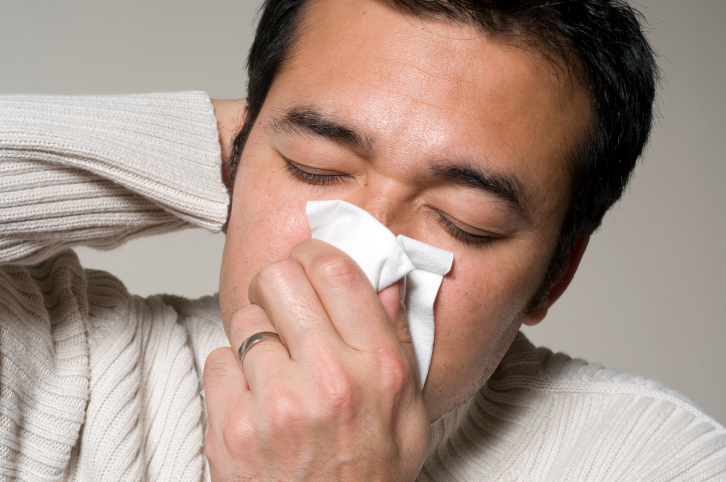health outcomes that result,” Easterlin added. “So, trying to find other interventions that may be effective is important.”
Physical and mental health problems are more common throughout life for people who’ve faced adverse childhood experiences, such as physical and sexual abuse, emotional neglect, parental alcohol abuse, parental incarceration or living with a single parent, prior research has shown.
About half of all American children experience one of these traumas and one-quarter experience two or more, according to the study authors. But little research had examined what factors improve health outcomes for children exposed to adverse situations.
Easterlin and her colleagues used the U.S. National Longitudinal Study of Adolescent to Adult Health to compare the prevalence of three different adult mental health problems — including a depression or anxiety diagnosis or depressive symptoms — among 9,668 people with adverse childhood experiences who did and didn’t participate in team sports during adolescence.
By early adulthood (ages 24 to 32), those who’d participated in team sports between grades 7 and 12 had better mental health outcomes, the findings showed. About 17% had been diagnosed






